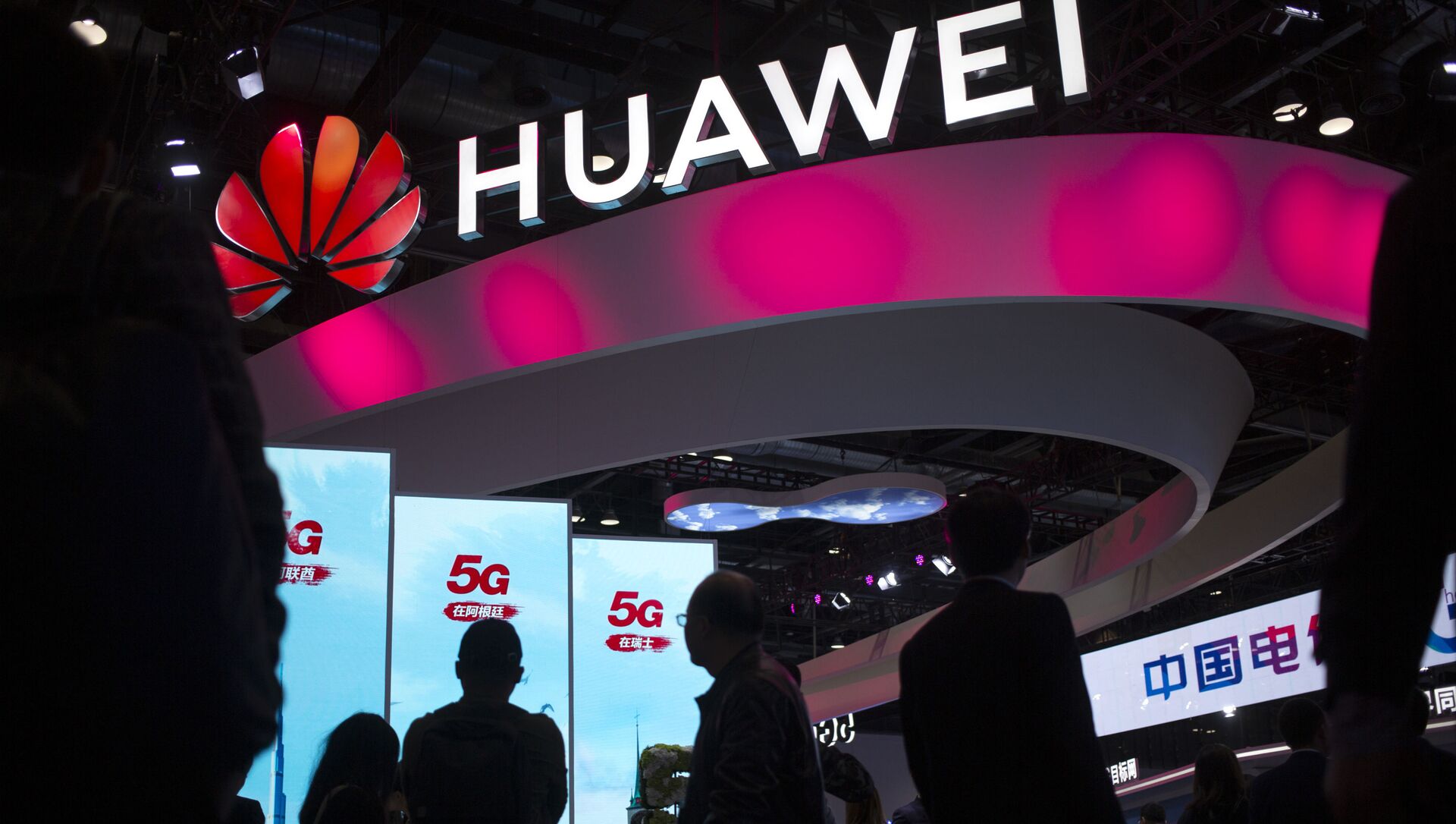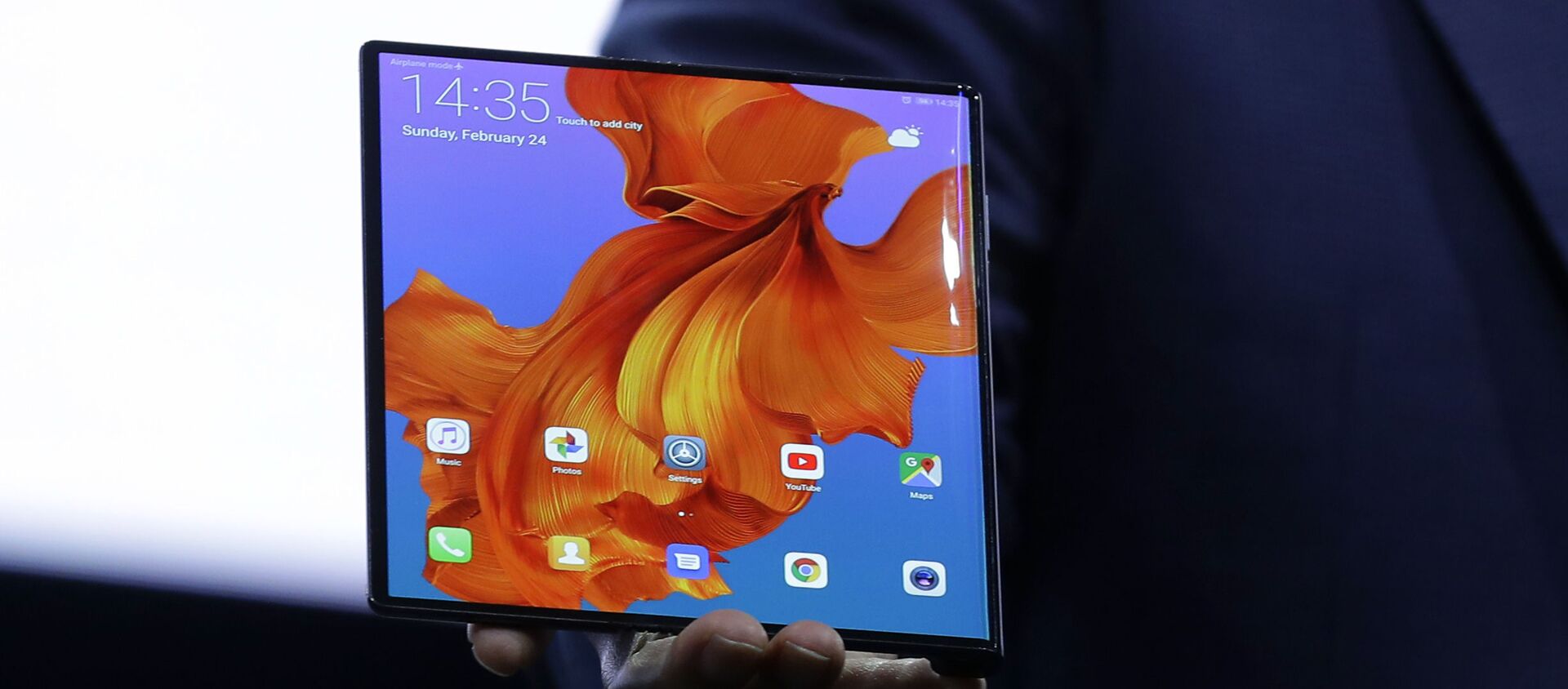The UK’s House of Commons Science and Technology Committee has stated that the government’s U-turn on using the Chinese tech giant Huawei resulted in Britain being over-reliant on a minor group of 5G technology suppliers.
Committee Chairman Greg Clark said on Thursday that “a lack of strategic foresight in 5G has seen the UK become dependent on only two vendors for a crucial technology".
"We must learn from this experience to avoid making our economy and security vulnerable from a lack of acceptable alternatives in emerging technologies. As technologies develop at an ever faster rate, more time must not be lost”, he underlined.
Referring to the government's 5G Supply Chain Diversification Strategy, which stipulates using technology based on open standards, the Science and Technology Committee warned this was not a "silver bullet" and that other options should be put on the table.
In an apparent nod to Huawei, the committee required more government efforts to avoid another "supplier squeeze", calling for a focus to be placed, in particular, on managing research and development.
The remarks came a few months after the UK prohibited telecom firms in the country from installing new Huawei equipment in 5G networks, effective from September 2021.
The move was preceded by the British government introducing the Telecommunications (Security) Bill, under which telecom firms must follow stricter security rules, or face fines.
The legislation proposes fines up to 10 percent of their annual turnover, or £100,000 ($136,000) a day, for not following the new rules and continuing to use Huawei equipment.
UK’s U-Turn on Huawei
In January 2020, UK Prime Minister Boris Johnson’s government greenlighted Huawei’s participation in Britain’s national 5G networks.
Huawei has repeatedly dismissed any such claims and slammed the UK's move to revoke its early decision.
The US crackdown on the Chinese tech giant kicked off in May 2019, when the then-Trump administration blacklisted the firm over allegations that the company's hardware and software connections sent data to China's intelligence agencies, claims that were rejected by both Beijing and Huawei.




